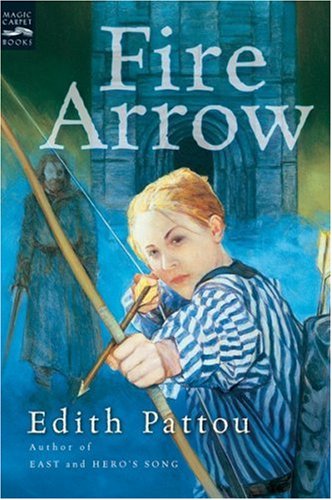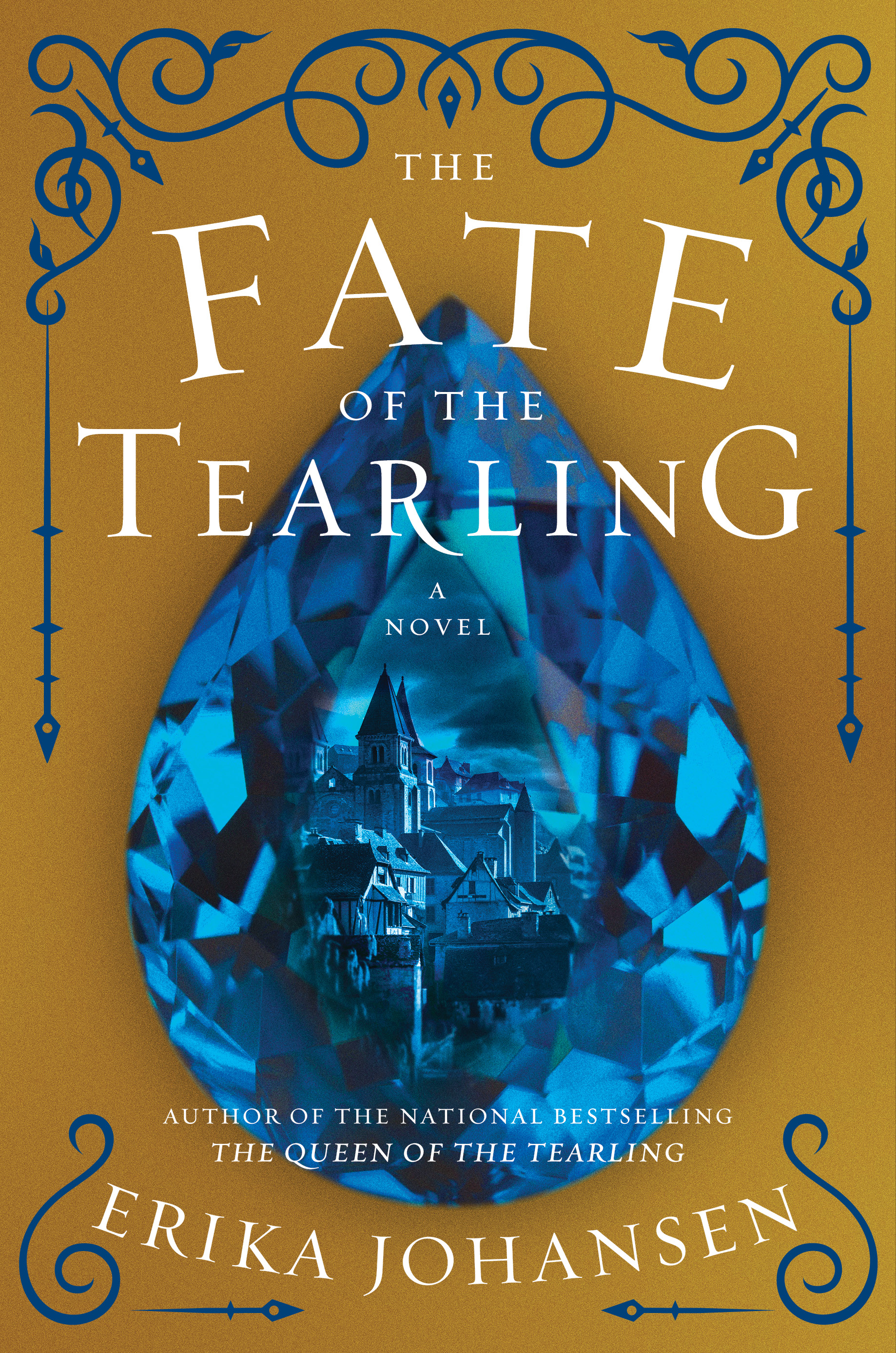[button color=”black” size=”big” link=”http://affiliates.abebooks.com/c/99844/77798/2029?u=http%3A%2F%2Fwww.abebooks.com%2Fservlet%2FSearchResults%3Fisbn%3D0261670468″ target=”blank” ]Purchase here[/button]
The sixth of seven Chronicles of Narnia takes us back to the beginnings of it all. Here we see kindly old Professor Kirke (of The Lion, the Witch and the Wardrobe) as a little boy named Digory, staying with his strict Aunt Letty and his weird Uncle Andrew in a row house in London in the days of hansom cabs and Norfolk suits. His father is in India and his mother is seriously ill, and poor young Digory no longer has the country house to run around or the horse to ride.
So he consoles himself by making friends with a neighbor girl, Polly Plummer. And while the two of them are exploring a passage that connects the attics of their whole row of houses, they stumble into Uncle Andrew’s secret study. And wouldn’t you know, Uncle Andrew is an evil sorcerer who was just hoping two children would come along… to be guinea pigs in a dangerous experiment involving yellow rings and green rings, and a “wood between the worlds.”
The first result is a dreadful adventure in a dying, and all but dead, world called Charn. This in turn results in the children bringing back to our world an evil witch-queen named Jadis (remember?), who intends to conquer our world and rule it with some of the same cruelty that destroyed her own. Finally the children, Uncle Andrew, Jadis, a horse named Strawberry and a London cabby escape from a disorderly mob into the dark void of a new world about to be created…
Into Narnia. Here we see Aslan creating his world of talking beasts and magical creatures. And here, thanks to the folly of Digory Kirke, a world-destroying evil has been brought into Aslan’s wonderful new creation. Jadis cannot be completely removed from Narnia for now… that is a task for later (but an earlier book!). For now, all that can be done is to take responsibility, face temptation, and make a sacrifice to ensure that Narnia will at least have a bright morning before the witch’s long winter sets in.
Once again, Lewis has crafted a remarkable fantasy that also resonates with biblical concepts. And Aslan’s prophecy at the end of this 1955 book touches themes that everyone in the post-World War world should take seriously — particularly, the dangers to a world where tyrants arise to destroy joy and freedom, and where men wield weapons that can wipe out all life in our world. Regardless of your religious commitments (or lack of them), it may do you good to consider Jadis with her proud, self-justifying, evil folly, and its results. But it can also help to know Someone whose presence means what Aslan’s does to those who meet him…
If ever they were sad or afraid or angry, the thought of all that golden goodness, and the feeling that it was still there, quite close, just around some corner or just behind some door, would come back and make them sure, deep down inside, that all was well.
Uncle Andrew, the absurd magician of the story’s title, also illustrates a lesson that you can take either in a religious context or as a practical moral: “Now the trouble about trying to make yourself stupider than you really are is that you very often succeed.”
My favorite part of this book is when the talking beasts are arguing over what to make of Uncle Andrew. I hope you read it and find your own favorite part to this funny, moving, suspenseful, and wonderful fantasy story.



